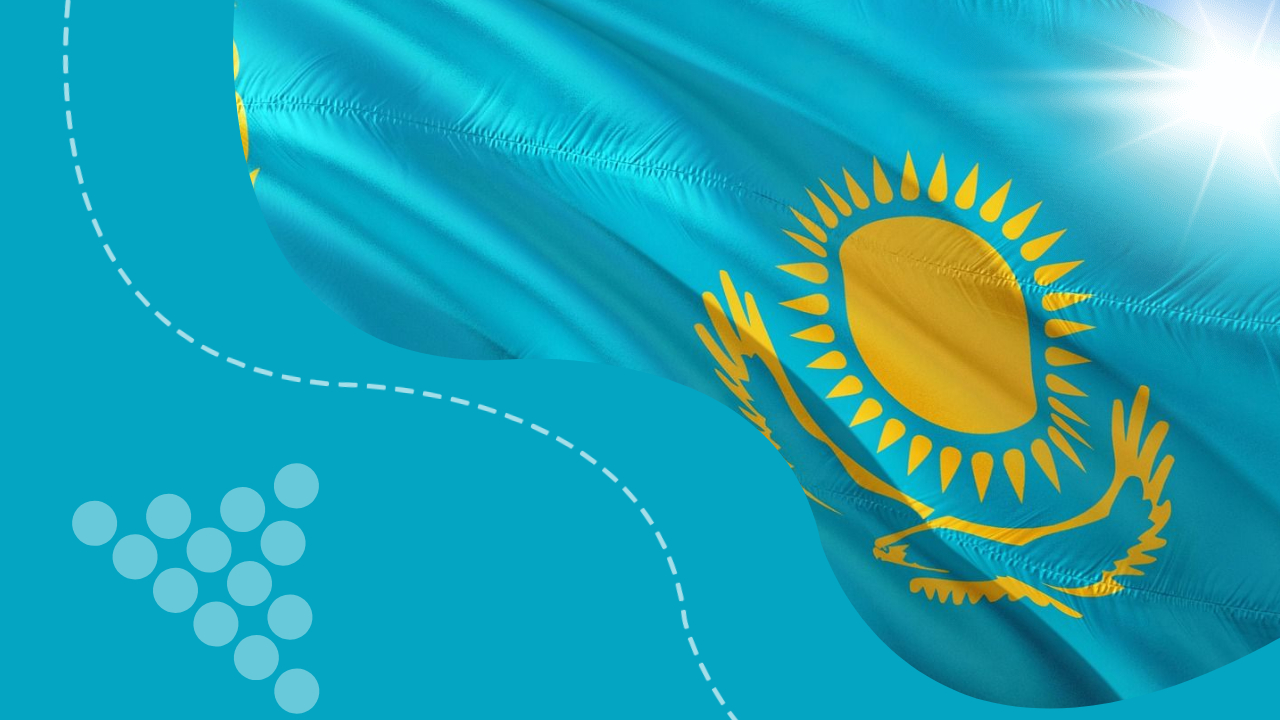Representatives from the public sector, businesses, and experts gathered at a seminar for industrial exporters in Kazakhstan, organized by the OECD-SIPA and QazTrade, to discuss international experiences in decarbonizing the economy. From 2026, European countries will adopt transboundary carbon regulations, extending the new carbon tax to Kazakhstani export goods. As of January 1, 2024, a transitional period for businesses is in effect, after which increased environmental levies on emissions will affect six industrial sectors, including the production of ferrous metals, aluminum, cement, fertilizers, hydrogen, and electricity.
Vice Minister of Ecology and Natural Resources Mansur Oshurbayev stated that the introduction of the border carbon mechanism entails significant collaborative work with relevant ministries and industrialists. An interdepartmental working group has already been established to swiftly develop proposals and identify risks for Kazakhstani enterprises.
Nurlan Kulbatyrov, Deputy CEO of QazTrade, emphasized the relevance of the EU’s “Green Deal” and the introduction of the border carbon adjustment tax to Kazakhstan. With the existing Enhanced Partnership and Cooperation Agreement between the two parties, covering a wide range of initiatives, QazTrade has been conducting informational events on carbon taxation for export-oriented companies in collaboration with the Ministry of Trade and Integration since last year.
While supporting the EU’s sustainable development and decarbonization goals, Kulbatyrov emphasized the need to ensure they don’t hinder international trade. Currently, the EU accounts for 39% of Kazakhstan’s exports, including oil, petroleum products, ferroalloys, coal, uranium, wheat, and other goods, with a positive trend in trade volumes. In 2023, Kazakhstan exported $41.4 billion worth of products to the EU, including $388.7 million worth of carbon-intensive goods.
According to Delfin Salard, Senior Expert at the Directorate-General for Taxation and Customs Union of the European Commission, transboundary regulations will primarily affect Kazakhstan’s black metallurgy and aluminum sectors, which accounted for about 0.9% and 0.8% of Kazakhstan’s total exports to the EU in 2022. European experts anticipate increased shipments of Kazakhstani products with a high carbon content.
Industrial enterprises will be required to submit quarterly reports to the European Commission, detailing export volumes, greenhouse gas emissions associated with production, and quota utilization. Amendments to reports can be made within two months after the reporting quarter.
Post-2025, carbon regulation will come into effect, gradually phasing out free quotas. Initially targeting direct emissions, the scope may later expand to other sectors at risk of carbon leakage, such as oil refining and chemical industries.
Rodrigo Pizarro, Head of the OECD Climate Action Programme, explained the formation of carbon quotas pricing and emissions trading systems, highlighting that the introduction of the border carbon adjustment mechanism aims to address global environmental challenges.
Kazakhstan aims to reduce net emissions to 328.4 million tons of carbon by 2030 and cut emissions by 25% compared to 1990 levels with international support. This necessitates reducing the share of coal generation from 65% to 40% and increasing the share of renewable energy sources from 10% to 24% by 2030, according to OECD experts.
During the seminar, Ainur Amirbekova, Director of the International Integration Department at QazTrade, outlined the challenges and risks facing Kazakhstani industrialists in the coming years. The introduction of the EU carbon tax will directly impact the cost of export goods and their competitiveness, potentially closing off certain markets. Thus, companies should begin decarbonization efforts and transition to alternative technologies promptly.
European Commission experts, in collaboration with QazTrade, are prepared to continue training exporters, provide analytical support, facilitate negotiations, and adapt export strategies considering ecological measures.

